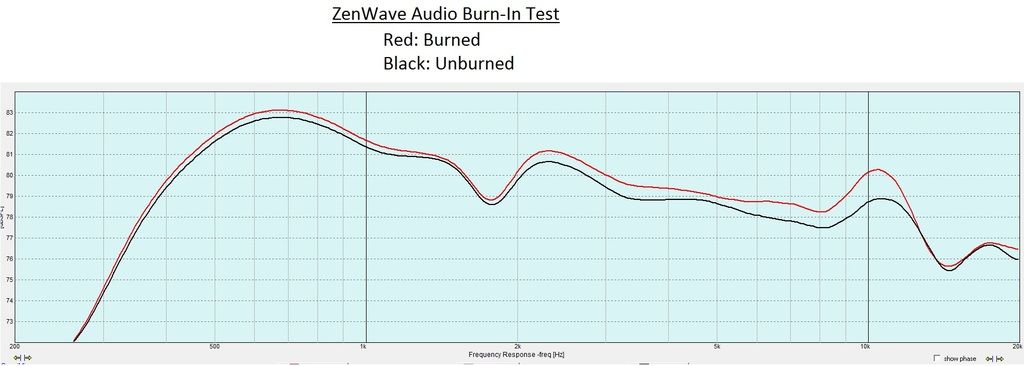Around 20 percent of the people on the planet believe the sun revolves around the earth. A substantial number of people are climate change deniers. Statistics are a funny thing. So is circumstantial evidence. But the scientific method demands higher rigor. Falsifiability is sorely absent from these kinds of discussions. So are intellectual honesty and humility. Ditto for methodological integrity. It's too bad. The four most desperately missing words from the audiophile vocabulary are: "I could be wrong".
Yes, you could be wrong & so could I but if you are going to invoke science & the scientific method then you need to demonstrate that it truly is the Scientific method & not just science(y) as many pseudo measurements & pseudo tests are







